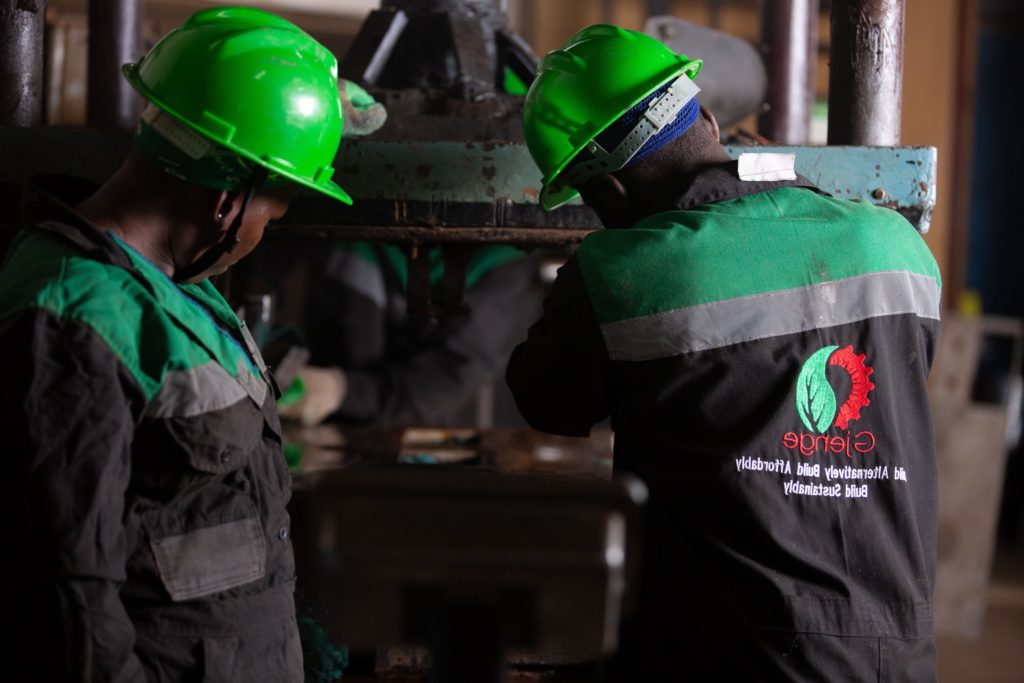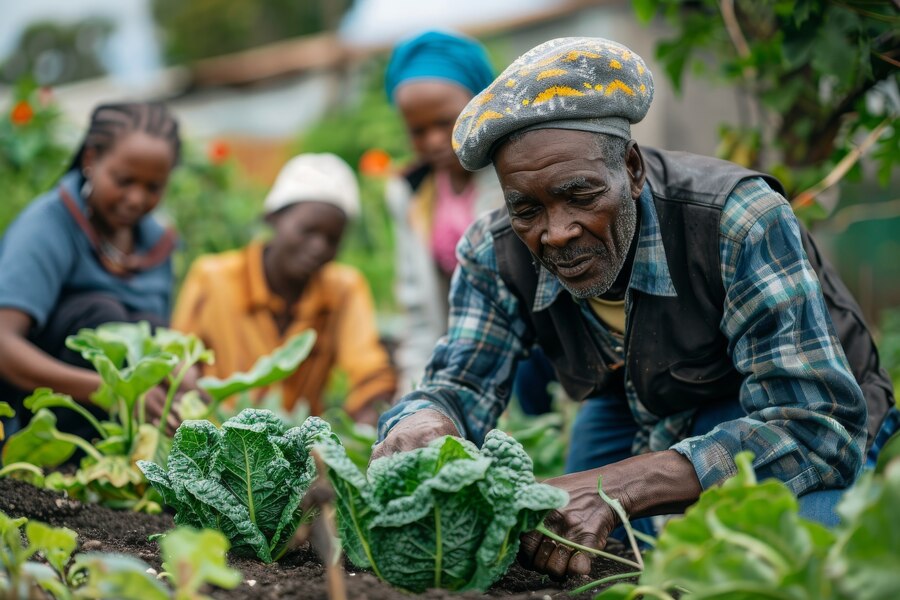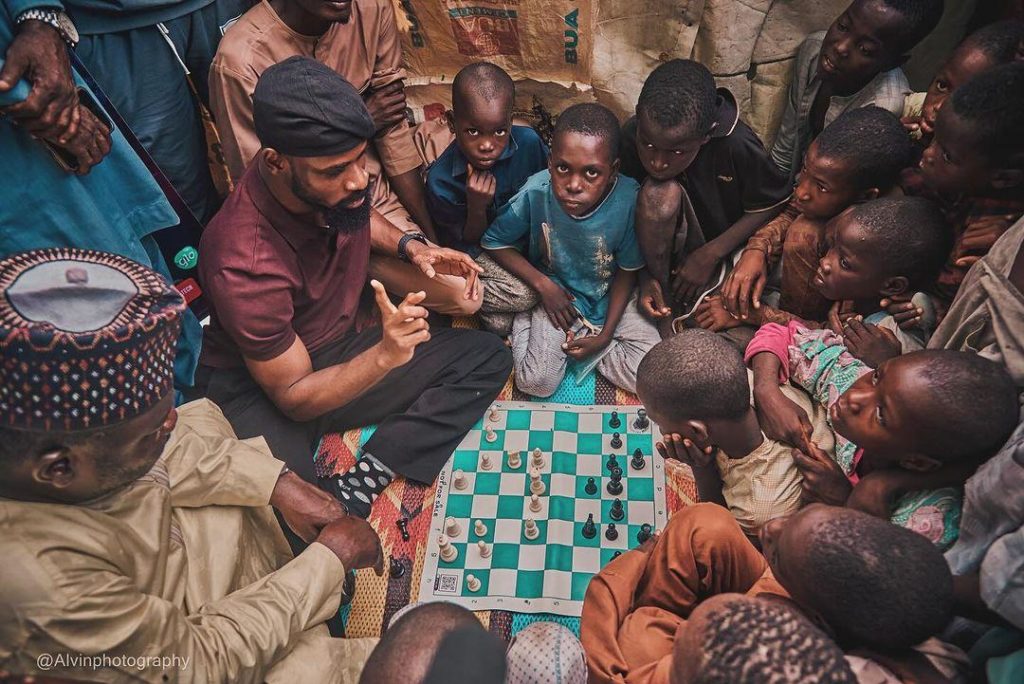If you have ever tried to send a parcel to a relative or client in Africa, you will have encountered one of the following problems:
- lack of infrastructure to deliver to remote locations,
- lack of international coverage,
- prohibitive costs charged by the logistics giants,
- low reliability of alternative solutions,
- etc.
So how do you ensure the safe and affordable transport of goods to and within Africa? This is the dilemma that YesCarry is trying to provide a solution.
Meeting the logistical challenges...
It all started with a package thatOlabissi Adjovi is trying to send from France, where he is studying, to Benin, his country of origin. He is going round in circles and cannot find a reliable and quick solution to his need. Particularly annoyed by this situation, he has only one obsession: to provide an answer to this logistical request.
With his engineering studies and a master's degree specialising in entrepreneurship obtained in 2011, the idea of a company soon germinated. Olabissi joined the incubator for young companies at L'Oréal.ESCP (École supérieure de commerce de Paris) Europe, with the aim of find an affordable and reliable solution that would cover the logistics needs of customers.
Although he first tested the idea of putting customers in touch with each other for the transport of goods, this was soon abandoned. This idea did not meet the insurance and safety requirements. He then matured his project and proposed a new service in 2012, the perfect solution that combines the security of traditional carriers such as DHL and the affordable rates of GPs (private individuals who transport parcels for a fee), without their drawbacks : YesCarry.
His concept is developing and soon several partners join the adventure. These include Youssou NDIAYEfounder of Speed Mail Service, a Dakar-based company specialising in document logistics for businesses and Pape Oumar Yampartner of Speed Mail Service. Thus, by a happy coincidence, the company is established in Senegal, which has immense potential.

Today, OuiCarry has refined a professional logistics service that allows every Senegalese, individual or company, to :
- to be delivered from an international merchant site,
- receive their parcels directly at their premises,
- ensure the shipment of goods internationally, both within certain African countries and beyond the continent.
An award-winning journey
4 years after its launch in 2016, OuiCarry seemed to be going for it in terms of awards. After the Orange FAB Award awarded by the SonatelThe startup is a finalist in the British Council's international competition, the Great Entrepreneurs. This gives it unparalleled visibility and enables it to attract public attention.
OuiCarry also seems to have the recipe for attracting potential investors: a quality service, an offer that meets the needs of the Senegalese, a clear positioning and a long-term vision. Thus, in 2017, the company received 200 million CFA francs in funding from the Teranga Capital investment funda fund dedicated to supporting Senegalese SMEs towards a faster and more impactful development. Ouicarry is using it to expand its team, acquire state-of-the-art equipment and strengthen its capital, among other things.
... And then came Covid-19...
The arrival of the coronavirus had a strong impact on the transport sector. And OuiCarry was severely affected: restrictions, border closures, order cancellations, factory closures, etc. This resulted in financial losses for the company, a reduction in the number of employees, short-time working, etc.
Reinvent yourself and bounce back!
However, this crisis has allowed the start-up to develop new approaches, bringing back to life an offer that had long been neglected: maritime transport. The time taken is longer, but the costs are still very affordable. This new proposal is attracting new customers, even the most reluctant ones, and this is creating a wave of calm among the company's employees.
Based on its experience, the company plans to ensure even shorter delivery times, but above all to extend its network to a large number of African countries. As the realities are not the same everywhere, it is still necessary to find reliable partners to work with.




